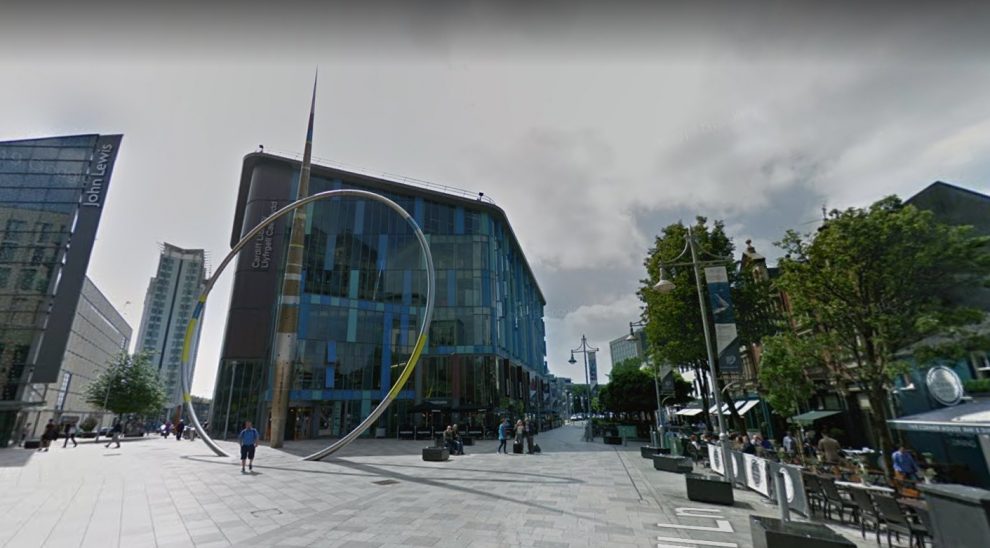CAMPAIGNERS have kicked back over plans to potentially cut the opening hours of hubs and libraries in Cardiff.
Cardiff Council has put forward the proposal as part of its budget consultation for 2023-24, which will run until January 29.
A number of cost-cutting measures have been proposed by the authority, which is facing a budget gap of £23.5m, including increasing the cost of school meals and changing the way it operates some of its services.
A group of authors, publishers and library campaigners have come together to call on Cardiff Council to drop its proposal to change library opening times and use more volunteers to operate the service.
One author, Peter Finch, said: “When I hear the word culture I don’t reach for my gun – instead I head down to the library.
“Where else can you consume culture, information, and warmth at no charge and in bulk? The best way to get books into your life is to let them ebb and flow right where you live.
“Libraries, free libraries, have been local centres ever since provision began more than 170 years ago.
“They’re a democratic human right. Any attempt by those who are charged with library provision – local councils – to restrict, amend or reduce access needs to be vigorously resisted.”
As well as the controversial plans to find a new operator for St David’s Hall, the council is looking at moving the Museum of Cardiff out of its home at the Old Library on the Hayes and turning it into a mobile attraction.
Cardiff Council said that as a result of rising energy costs, spiralling inflation and a range of other factors, the cost of running day-to-day services like education, social care, refuse collection, parks and libraries is set to cost £75m more next year than it will this year.
Mr Finch, who wrote ‘Real Cardiff’ and is also chief executive of Literature Wales added: “Local government – our councils – are ours.
“They do not belong to some nameless authority outside our control. They provide local services using money we’ve had to stump up in tax. Providing free libraries is a central requirement.
“Cutting back provision temporarily usually leads to permanent reduction. Employing volunteer helpers rather than qualified librarians, well meaning though this may be, will inevitably lead to a poorer, incomplete and inconsistent service.
“Cuts in this service are an enormously bad idea. Lost libraries never return. Say no now.”
Following a better-than-expected 9% funding increase, Cardiff Council is looking at a £23.5m budget gap instead of a £53m gap.
Whilst this is seen as good news by the council, cabinet member for finance, performance and modernisation, Cllr Chris Weaver, cautioned: “…this is still a huge amount of money to find, especially after cutting around a quarter of a billion from our budget over the past 10 years.
“I want residents to know that we have already been making significant efficiency savings throughout the year to prepare for the financial storm we saw coming towards us, and next year we plan to make at least another £8.5m in efficiency savings.
“Although council tax will rise to help close the gap, we are working to keep that rise well below the rate of inflation.
“Each percentage rise in council tax only brings in £1.6m, so to set a balanced budget we will need to make considerable savings from services and income charges.
“The 9% budget increase received from Welsh Government means that we will be able to better protect important services like social care and school budgets.
“We are looking at increasing school budgets by £25m next year, a 9.2% rise, and we will do everything we can to protect social services and the most vulnerable in our communities.
“It also means that many of the harder-to-face options we were having to consider are off the table for now, but we know there are still tough choices to be made, which is why it’s so important residents take part in this consultation and tell us what really matters to them.”



















